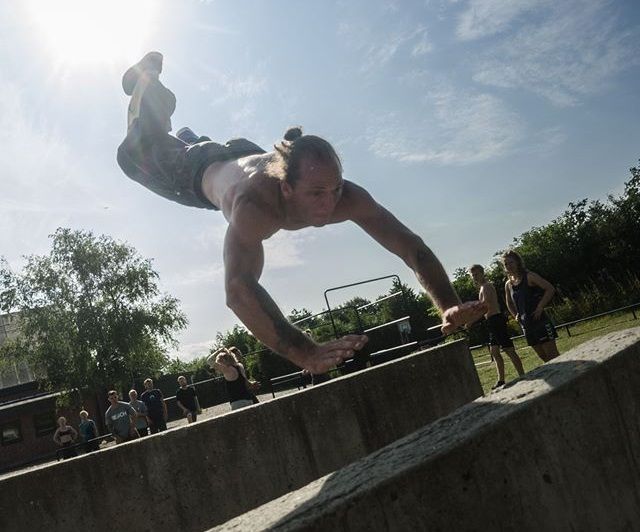The street-training discipline parkour is making huge jumps and leaps in Denmark, which has become a leading nation when it comes to the establishment of new courses and the development of the sport itself.
According to a new report from the Centre for Sports, Health and Civil Society at the University of Southern Denmark, 126 new parkour courses have been built across Denmark between 2007 and 2015. Most are in big cities, but there are also some in smaller towns and rural areas.
“My teachings take place in a gym, but I try to make it attractive for younger people so it can be used outdoors when the season ends,” Frank Nielsen, from Sorø Street Movement parkour club, told DR Nyheder.
“Then they have all summer holiday and the winter period to prctice the techniques we have trained in.”
READ MORE: Kids Corner: Half-term but full on … with parkour
Acrobatic training
Originally developed in France in the 1980’s, parkour is a training discipline in which participants use movement and momentum to get from one point to another in the fastest way possible.
The sport includes running, jumping, climbing, rolling, vaulting and swinging, along with other modes of movement. The activity can be practiced in both urban spaces or rural landscapes.
Even kids are getting inspired.
















